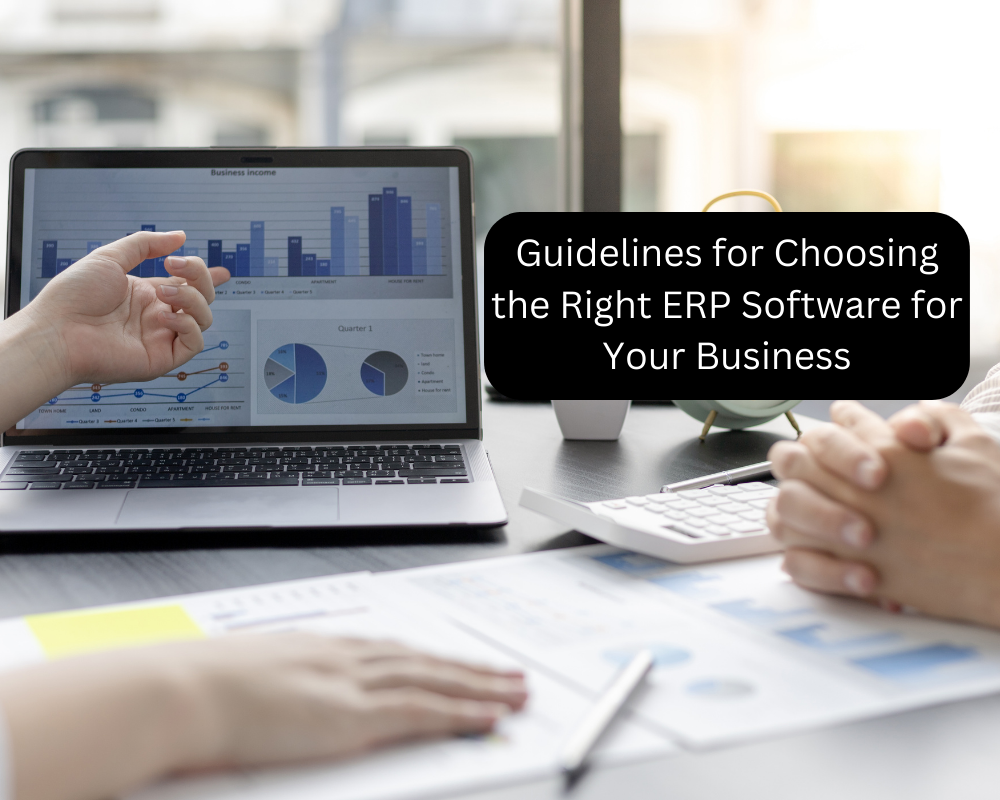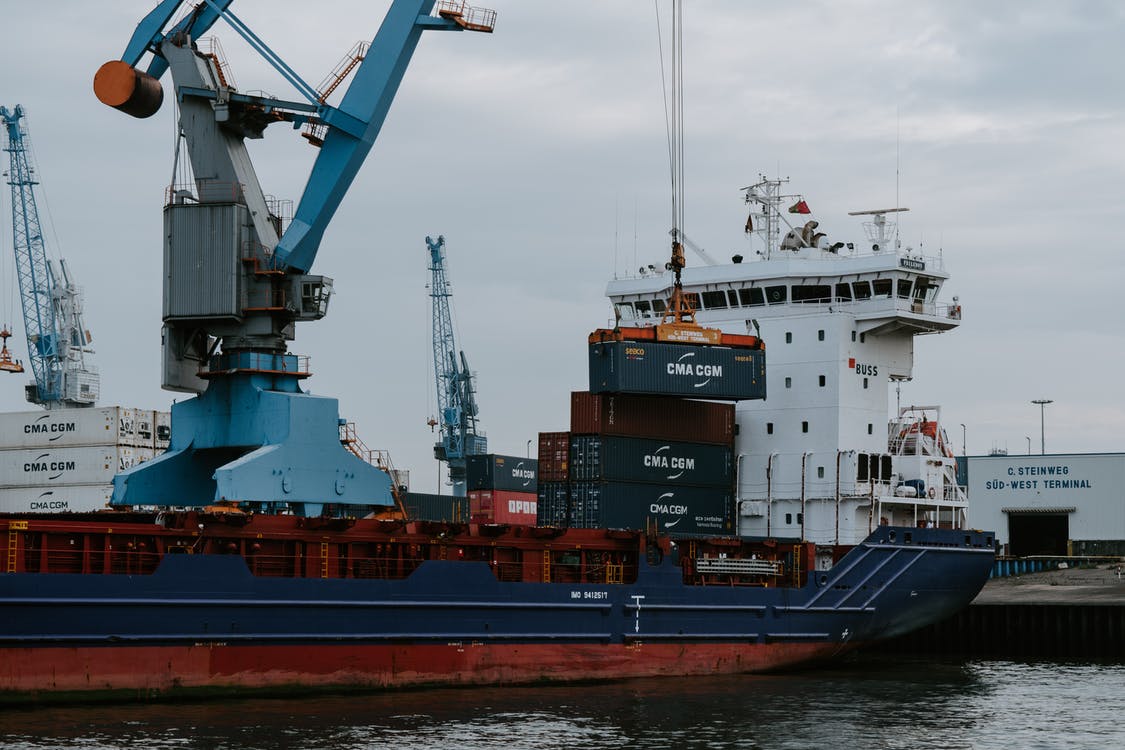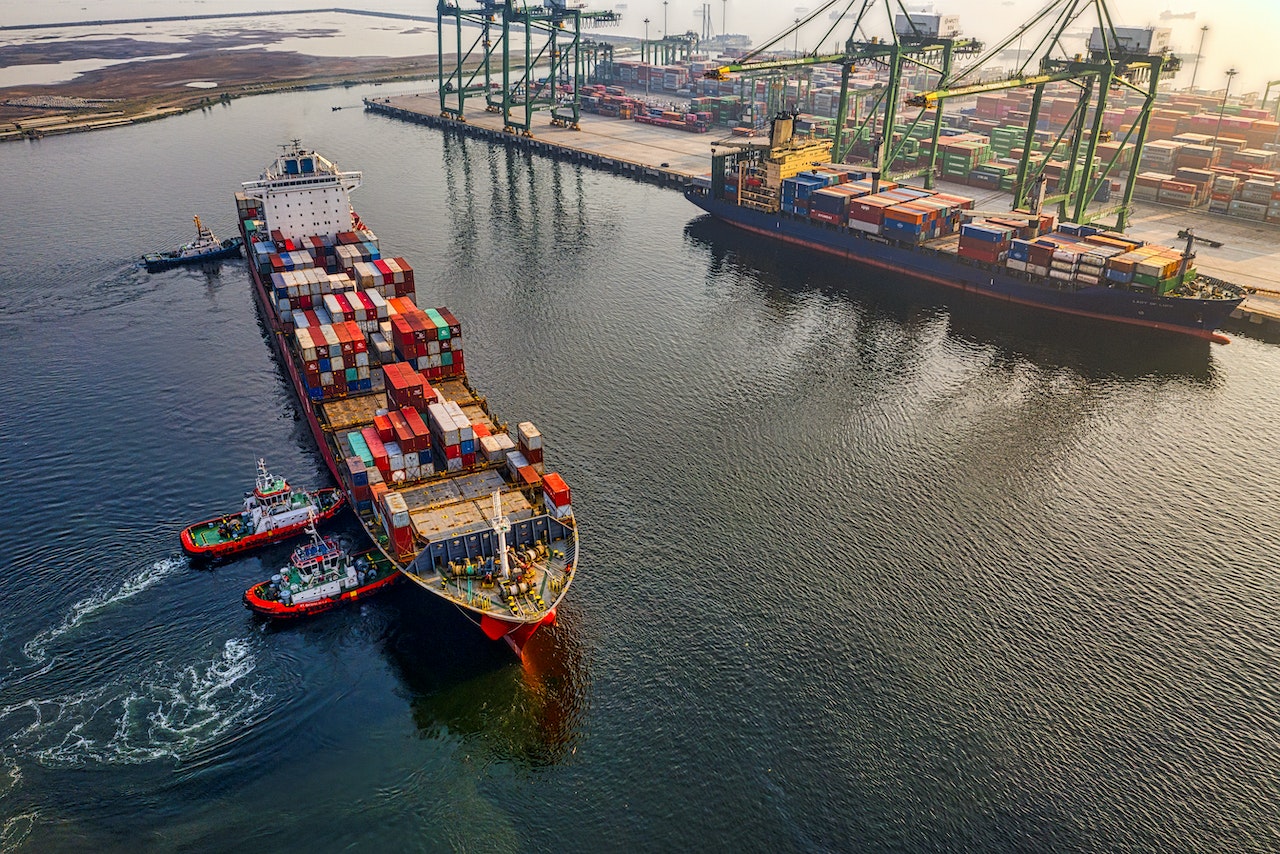Import Export is a very profitable business. This trade offers tremendous opportunities on a global level. A business must obtain IEC registration. This is a highly profitable trading business that generates high returns or profits. There are always some problems in any business. Therefore, Import-Export trade can be difficult. Avoiding a Successful Branding Strategy can be a costly mistake in the import-export business, hindering your ability to establish trust and recognition in international markets. There are many challenges. Traders can avoid some of the drawbacks of trading by being careful. This article will discuss the most common errors in Import Export Business.
There have been many improvements in the Import-Export sector. These include ease of doing so, large-scale opportunities, government support for Import and Export, better transportation management, and other benefits. Some small errors can result in a greater risk and a decrease in the profits that a business can make from import-export. Such mistakes are not to be ignored.
What are the common mistakes in Import-Export and how can they be avoided?
These are the most common mistakes in import-export Businesses. These are all discussed in the following along with suggestions on how you can avoid them:
It is illegal to sign a contract without validating the legitimacy of the Seller/Buyer
Many small Indian traders and manufacturers wish to expand their businesses internationally through import-export trade. But sometimes, they don’t give enough importance to verifying that the importer is reliable. This ignorance could lead to more losses for the company. Fake company profiles and portfolios are often used by companies to try and lure the exporter or importer. While the best web development technologies can streamline import-export processes, neglecting industry-specific regulations and data security can lead to costly mistakes. The right to know the customer is essential, no matter if they are selling on the domestic or international market. It is important for a business to verify the legitimacy of the buyer and seller with the proper government officials. This helps minimize risk and maximizes its profits. You should not sign a contract without verifying that the buyer or seller is legitimate.
Know the regulations of the country
One of the biggest mistakes in the import/export business is the belief that any product can be delivered to a foreign country by the exporter. In reality, this is false. Certain countries have their own rules when a product is part of an Import-Export trade. These norms allow for only a limited number of products and prohibit the importation or export of any other goods. The exporter must be able to understand these rules to help him save money as well as his products.
Insurance for the imports or supplies
It is crucial to ensure that goods imported or supplied safely reach their destination without any damage or loss. Items must be insured prior to shipment, either by the importer or the transport authority.
When trading goods or services on a foreign market, insurance is the best way for you to protect your products. It can be done easily by completing simple documentation between the consignees as well as the shipping company. This could result in unimaginable losses of product and capital.
Manufacture and export knowledge is lacking
Small and medium-sized businesses often believe they can easily sell a product in international markets without losing any money. However, a lack of knowledge of import-export regulations can lead to greater losses than anticipated.
To ensure that the Import-Export Industry operates smoothly, there are some terms that ICC (international chamber of commerce) has put in place to help make it more profitable. Before you enter the international world of business, it is essential to know the import-export regulations.
Not paying attention to the exchange rates
Many business owners avoid foreign currency rates when exporting or importing products from one country. The reason is that traders tend to overlook risk factors and instead focus on profit margins. But rate fluctuations can cause enough margin loss.
It is important that you pay attention to the exchange rate when shipping material. Wait until fluctuations in foreign exchange rates stabilize for smoother transactions.
Do not conduct a background check
It is important to establish a base in new markets with a reliable business partner. Ex-exporters often neglect to perform basic background checks and due diligence on international business partners in their excitement about going global. This can cause financial, market, or reputational damage. Exporters need to perform a background investigation on their own or hire an agency that will do it for them.
Not choosing the right service provider
There are a lot of people involved in export. Some of the most important participants include banks, freight forwarders as well as shipping lines, and intermodal transportation providers. The efficiency of each participant is crucial to the successful completion of an import shipment. Avoiding common mistakes in the import-export business, like neglecting regulations or choosing unreliable partners, can help you expand your new business ventures smoothly. Exporters should choose reliable service providers that are trustworthy and can provide the best possible customer service at a cost-effective rate.
Conclusion
Avoid common mistakes when you are trying to become a supplier or buyer. You can also seek the help of a professional DGFT consultant. They will also help businesses reach the global market easily and help them avoid losing money instead of making profits.
Authors Bio:
Mr. Mehul Goyal is a professional DGFT Consultant with experience of more than 30 years and specialized in the field and is offering DGFT Consulting Services all over India. He is working with many importers and exporters even before DGFT was instigated in the markets.














